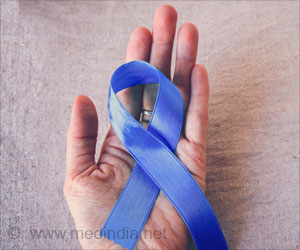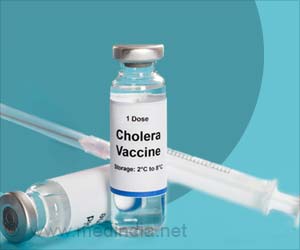CODOX-M and IVAC regimens have proved effective for the treatment of sporadic BL. But, these standard regimens are short-term and intensive, which frequently causes high toxicity and severe, sometimes life-threatening complications, which may not be ideal of Asian population.
In a study recently published in Cancer Biology & Medicine, scientists from Sun Yat-sen University Cancer Center (SYSUCC), China, sought a solution to these problems.
Researchers hypothesized that a CODOX-M/IVAC regimen with lower dosage but a longer exposure time would be just as effective as the recommended treatment but with a reduced resulting toxicity.
They conducted a retrospective study in which 123 HIV-negative patients with untreated sporadic BL were enrolled at SYSUCC between 2008 and 2019.
The patients were divided into low-risk and high-risk groups; low-risk patients received four to six cycles of R-CODOX-M, whereas high-risk patients received six to eight alternating cycles of R-CODOX-M and IVAC.
The results for the modified regimen found promising. The overall survival rate after five years was relatively high, and also the frequency and severity of adverse events were lower than those reported in previous studies for standard regimens.
Serious mucositis did not occur at all in this study. Moreover, sepsis cases were only four, and treatment-related mortality among the high-risk patients was 2 out of 74 patients.
“Our findings add to the growing body of non-randomized data demonstrating the efficacy and safety profile of modified R-CODOX-M/IVAC regimens,” remarks Dr Tongyu Lin of SYSUCC, who led the study, “Moreover, ours was the first report involving such a modified regimen in a cohort of adult Chinese BL patients.”
The research team hopes that prospective trials will be conducted in the future using the proposed treatment strategy. “We believe that the modified R-CODOX-M/IVAC regimen may be more suitable for clinical application than the current guidelines and therefore deserves further evaluation,” concludes Dr. Lin.
Source: Medindia



